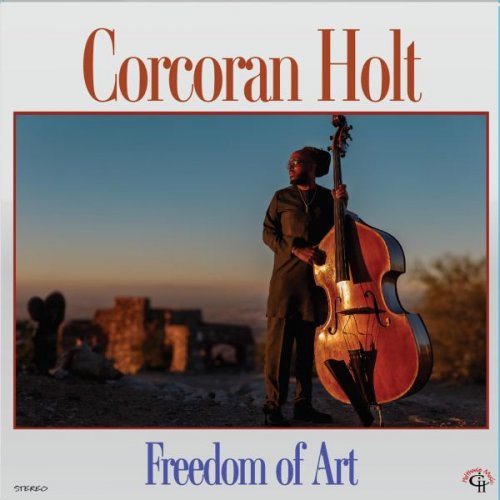Alban Gerhardt - Dohnányi, Enescu & Albert: Cello Concertos (2005)
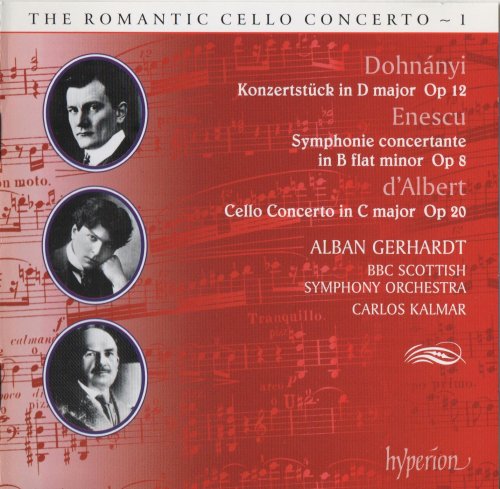
Artist: Alban Gerhardt, BBC Scottish Symphony Orchestra, Carlos Kalmar
Title: Dohnányi, Enescu & Albert: Cello Concertos
Year Of Release: 2005
Label: Hyperion / CDA67544
Genre: Classical
Quality: FLAC (tracks+.cue, booklet)
Total Time: 68:43
Total Size: 260 MB
WebSite: Album Preview
Tracklist:Title: Dohnányi, Enescu & Albert: Cello Concertos
Year Of Release: 2005
Label: Hyperion / CDA67544
Genre: Classical
Quality: FLAC (tracks+.cue, booklet)
Total Time: 68:43
Total Size: 260 MB
WebSite: Album Preview
01. Dohnanyi - Konzertstueck in D major, Op. 12 (1903-04) - Allegro non troppo - (5:48)
02. Dohnanyi - Konzertstueck in D major, Op. 12 (1903-04) - Adagio - (6:33)
03. Dohnanyi - Konzertstueck in D major, Op. 12 (1903-04) - Tempo I - Adagio - Tempo I, ma molto piu tranquillo (11:45)
04. Enescu - Symphonie concertante in B flat minor, Op. 8 (1901) - Assez lent - (8:30)
05. Enescu - Symphonie concertante in B flat minor, Op. 8 (1901) - Un peu plus anime - (1:43)
06. Enescu - Symphonie concertante in B flat minor, Op. 8 (1901) - Tempo I - (4:42)
07. Enescu - Symphonie concertante in B flat minor, Op. 8 (1901) - Majestueux - Plus vite (7:39)
08. d'Albert - Cello Concerto in C major, Op. 20 (1899) - Allegro moderato - Animato - Allegro - Molto tranquillo - (10:11)
09. d'Albert - Cello Concerto in C major, Op. 20 (1899) - Andante con moto - (7:10)
10. d'Albert - Cello Concerto in C major, Op. 20 (1899) - Allegro vivace - Piu tranquillo - Allegro molto (4:45)
Hyperion’s Record of the Month for February sees the welcome return of German cellist Alban Gerhardt with the second volume in Hyperion’s Romantic Cello Concerto series.
Praised for his ‘passion and sensitivity’ by the BBC Music Magazine for his recording of the concertos by Dohnányi, Enescu & d’Albert (volume 1, see below), Alban now turns his attention to works by four of his compatriots: Robert Schumann, Friedrich Gernsheim, Robert Volkmann and Albert Dietrich. This collective, along with Johannes Brahms, were all friends and colleagues, each achieving considerable success in their lifetime, yet it is only Schumann and Brahms who have managed to hold onto that mantle through to the present day. Even Schumann’s Cello Concerto, written in 1850, remained unperformed until 1860 and it wasn’t until the early twentieth century that, thanks to Pablo Casals, it secured its rightful place in the repertoire.
Both the Dietrich and Gernsheim are first recordings.
Praised for his ‘passion and sensitivity’ by the BBC Music Magazine for his recording of the concertos by Dohnányi, Enescu & d’Albert (volume 1, see below), Alban now turns his attention to works by four of his compatriots: Robert Schumann, Friedrich Gernsheim, Robert Volkmann and Albert Dietrich. This collective, along with Johannes Brahms, were all friends and colleagues, each achieving considerable success in their lifetime, yet it is only Schumann and Brahms who have managed to hold onto that mantle through to the present day. Even Schumann’s Cello Concerto, written in 1850, remained unperformed until 1860 and it wasn’t until the early twentieth century that, thanks to Pablo Casals, it secured its rightful place in the repertoire.
Both the Dietrich and Gernsheim are first recordings.
Download Link Isra.Cloud
The Romantic cello concerto, vol 1.rar - 260.8 MB
The Romantic cello concerto, vol 1.rar - 260.8 MB
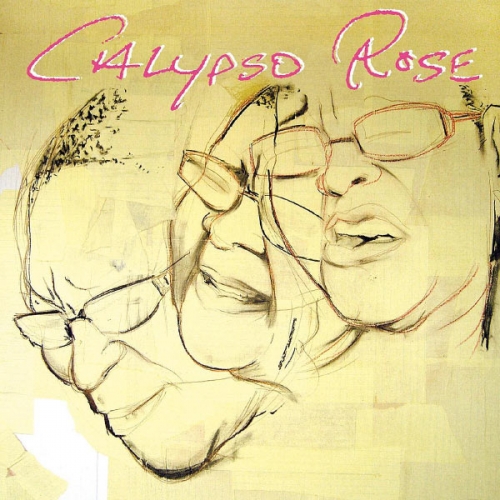
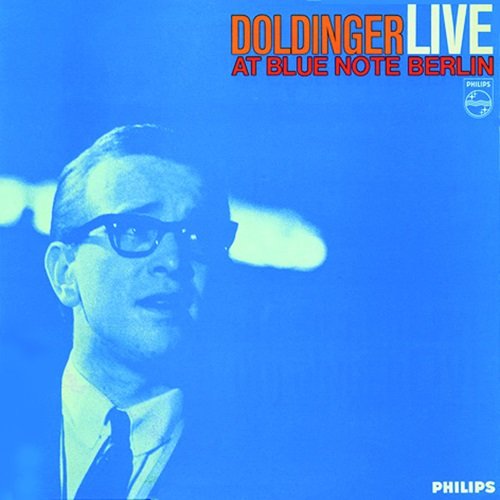
![Marius Neset - Time to Live (2026) [Hi-Res] Marius Neset - Time to Live (2026) [Hi-Res]](https://www.dibpic.com/uploads/posts/2026-02/1771945711_folder.jpg)
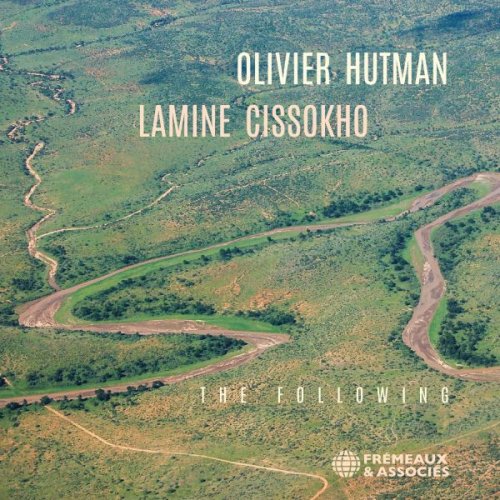
![Double Drums, Philipp Jungk & Alexander Glöggler - All You Can Beat (2026) [Hi-Res] Double Drums, Philipp Jungk & Alexander Glöggler - All You Can Beat (2026) [Hi-Res]](https://www.dibpic.com/uploads/posts/2026-02/1771946421_folder.jpg)
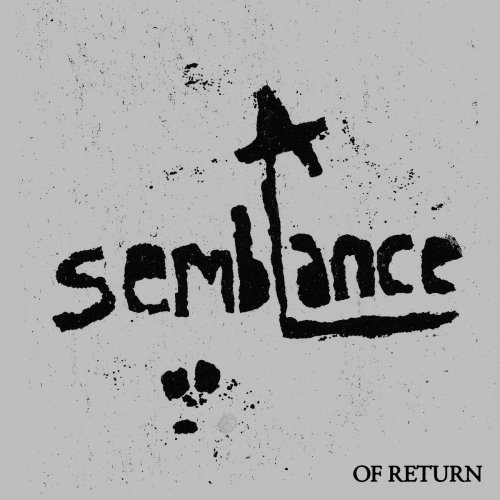
![Larry Coryell - Major Jazz Minor Blues (1998) [CDRip] Larry Coryell - Major Jazz Minor Blues (1998) [CDRip]](https://www.dibpic.com/uploads/posts/2026-02/1771860317_5.jpg)

